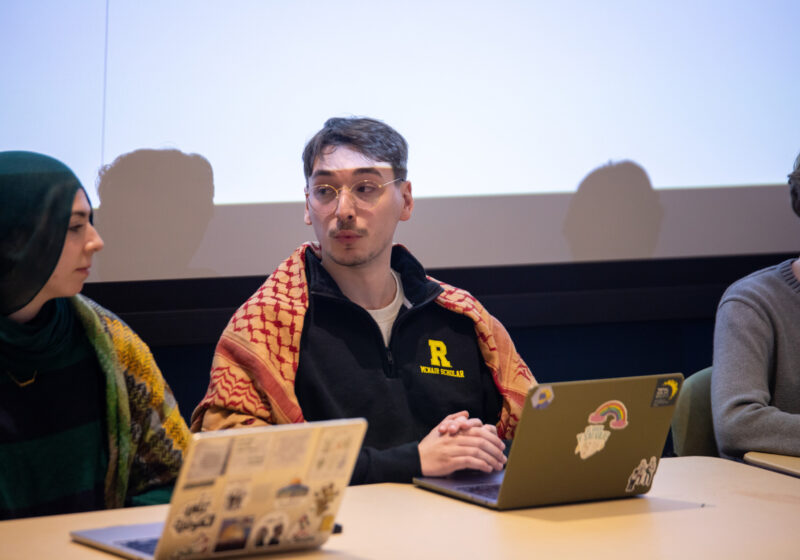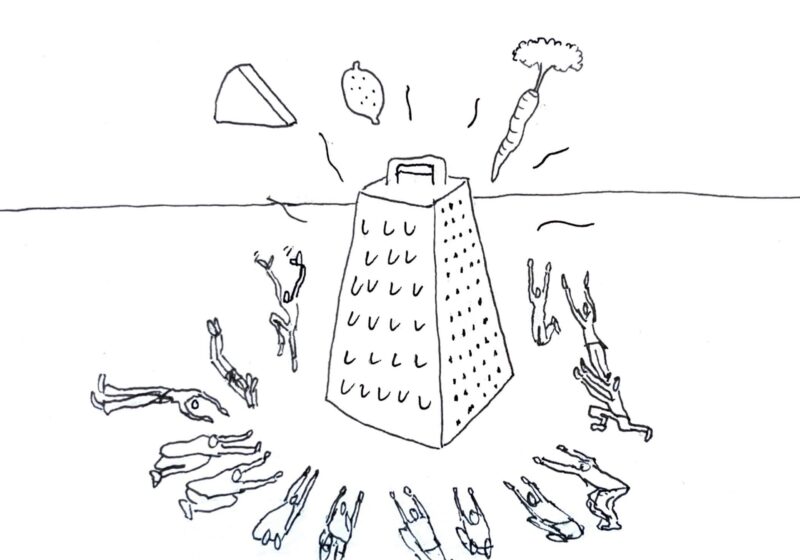John C. Evans Visiting Professor in Polish and European Studies Grzegorz Kolodko spoke about Poland’s recent integration into the European Union and the future of the country, on Sept. 29. In May, Poland was one of 10 new countries to join the existing 25 member countries in the EU. Kolodko spoke mainly about the political and economic implications of this historic change in Poland’s history.Kolodko was the Deputy Premier and Finance Minister of Poland from 1994 to 1997 and from 2002 to 2003. He was integral in transforming Poland from a communist state into a democracy with a market economy. The luncheon and speech were hosted by the Skalny Center for Polish and Central European Studies at UR as part of their “Lecture and Artist Series” in the Gamble Room of the Rush Rhees Library. The presentation, titled “The Political and Economic Implications of Poland’s Membership in the European Union,” began with a speech about the transition Poland made from a socialist, centrally controlled economy to an open, capitalist economy. He said that this transition to a market economy was one of Poland’s goals. Others are the transition to a democratic civic society and post-communist culture and mentality. He then displayed some graphs showing Poland’s relative success in globalization and GDP growth.However, his presentation was not simply on Poland’s progress. He also pointed out some of the current problems and discussed Poland’s future. For example, he presented a graph which showed that except for Latvia, Poland has the lowest GDP per capita of the 10 new member nations of the EU. He also said the drastic changes Poland has made over the last decade have hurt certain industries. “There is a challenge to create new jobs in IT,” he said. Kolodko believes the real success of Poland’s transformation will be seen in the era of the “coal miner’s son.” He ended his speech on a sanguine note by saying that Poland’s transformation in the last decade is a very successful story. “The European Union gives Poland a more competitive edge,” he said. When asked about Poland’s decision to eventually adopt the euro, the monetary unit of the EU, he called the decision a success. He felt it was important that others do so as well. “Britain [and other countries who haven’t] should adopt the euro,” he said. “Not doing so would be very bad for everyone.”When asked how American Poles can aid and assist in the development of Poland, Kolodko jokingly said, “Money is always welcome.” He stressed the importance of education for young Poles. Lasonde can be reached at blasonde@campustimes.org.
Code of Conduct
Students’ Association condemns University’s handling of ‘wanted’ poster case
Three out of the four arrested students have been suspended from the University for two years and the other was expelled.
kitchen utensil
The grate-ness of graters
Also, the variety of things that can be grated are out of this world. Ranging from vegetables to cheeses, all things can be improved by this humble kitchen tool.
food
Laila El-Haddad discusses food as a means of resistance
“During the past 15 months, we have seen even in times of war and genocide […] Palestinians, like anyone else, must eat, must survive."


